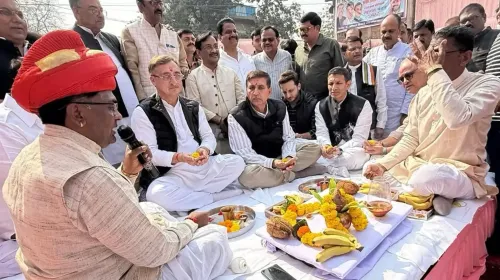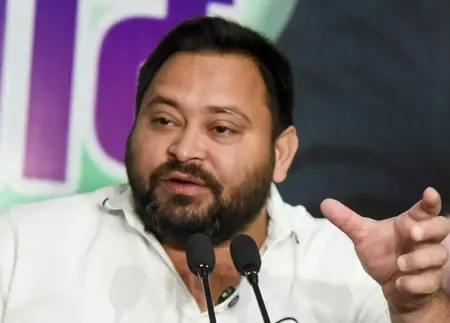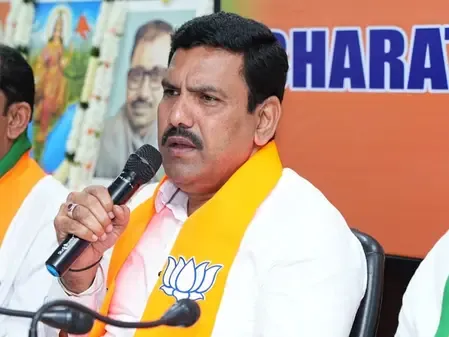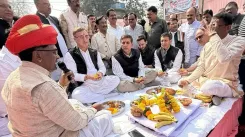Has a Task Force Been Formed to Make NE Self-Reliant in Milk, Egg, Fish, and Meat Production?
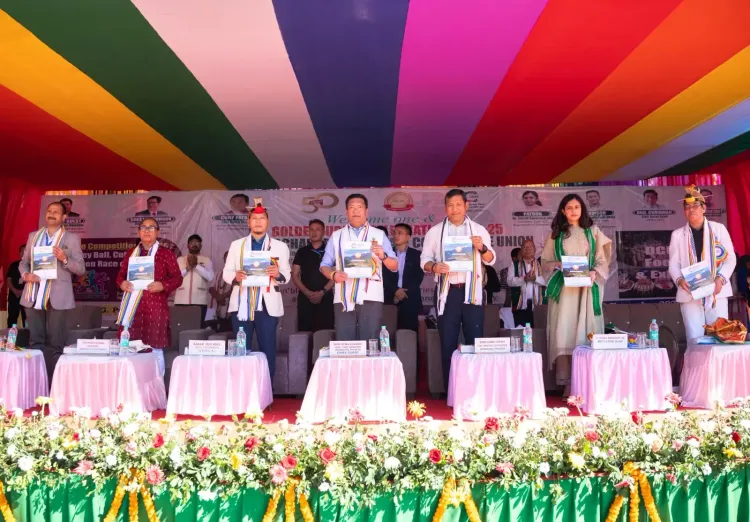
Synopsis
Key Takeaways
- High-Level Task Force formed to enhance food production
- Focus on self-reliance in vital sectors
- Cooperative societies play a crucial role
- Five-year plan targeting 2030
- APSCU’s Golden Jubilee marks significant progress
Itanagar, Nov 20 (NationPress) The Chief Minister of Arunachal Pradesh, Pema Khandu, announced on Thursday that the Union DoNER Ministry has established a High-Level Task Force (HLTF) aimed at achieving self-sufficiency in the production of milk, eggs, fish, and meat in the Northeast region.
Khandu, who leads the HLTF, mentioned that a comprehensive five-year strategy is underway, with goals set to be accomplished by 2030. He emphasized the crucial role that cooperative societies will play in realizing this objective of self-reliance in these essential commodities.
The Development of North Eastern Region (DoNER) ministry has formed multiple High-Level Task Forces to pinpoint key interventions and devise actionable strategies—short, medium, and long-term—for the integrated advancement of the North East Economic Corridor.
These task forces were created following the 72nd plenary session of the North-Eastern Council (NEC), which took place in November of the previous year in Agartala and was overseen by Union Home Minister Amit Shah.
The Arunachal Pradesh State Cooperative Union (APSCU) recently celebrated its week-long Golden Jubilee, marking 50 years of the cooperative movement in the state.
During the celebration, Chief Minister Khandu reflected on the impressive journey of APSCU, which began in 1969 during the NEFA era and has since transformed into a network of 1,449 cooperative societies with over 220,000 members engaged in agriculture, handloom, dairy, artisanal sectors, and various rural enterprises.
He acknowledged the pivotal role that cooperatives have played in improving livelihoods, especially in remote areas where institutional support was previously lacking.
Khandu recognized the remarkable 27-district revival tour led by the APSCU Chairman and his team from December 2024 to April 2025, during which they connected with more than 87,500 cooperative members and 1,500 LAMPS/PACS units.
This tour highlighted several critical issues, such as a lack of awareness regarding cooperative principles, insufficient infrastructure in 26 district unions, and the absence of cooperative banking in numerous areas. Labeling the Golden Jubilee as a “turning point,” the Chief Minister assured full government support for revitalizing the cooperative movement.
He declared that the state government will collaborate closely with APSCU to implement essential reforms and infrastructure enhancements. With the local body election code of conduct currently in effect, Khandu refrained from making further public announcements.
However, he assured that requests made in a memorandum submitted by the Union will be positively considered by the government post-elections.
Khandu stressed that bolstering cooperatives is vital for achieving Atma Nirbhar Arunachal, urging that APSCU should evolve into a self-sufficient and professional apex organization capable of guiding policies, ensuring transparency, empowering women and youth, and generating sustainable rural wealth.
To facilitate this evolution, he called for adequate training at all levels, market research, and genuine commitment from the members.
“In the coming years, we must witness APSCU emerging as a strong, modern, and community-focused institution. With renewed policies and infrastructure, I am confident that APSCU will lead Arunachal Pradesh into a new era of cooperative-driven growth,” concluded Khandu.

